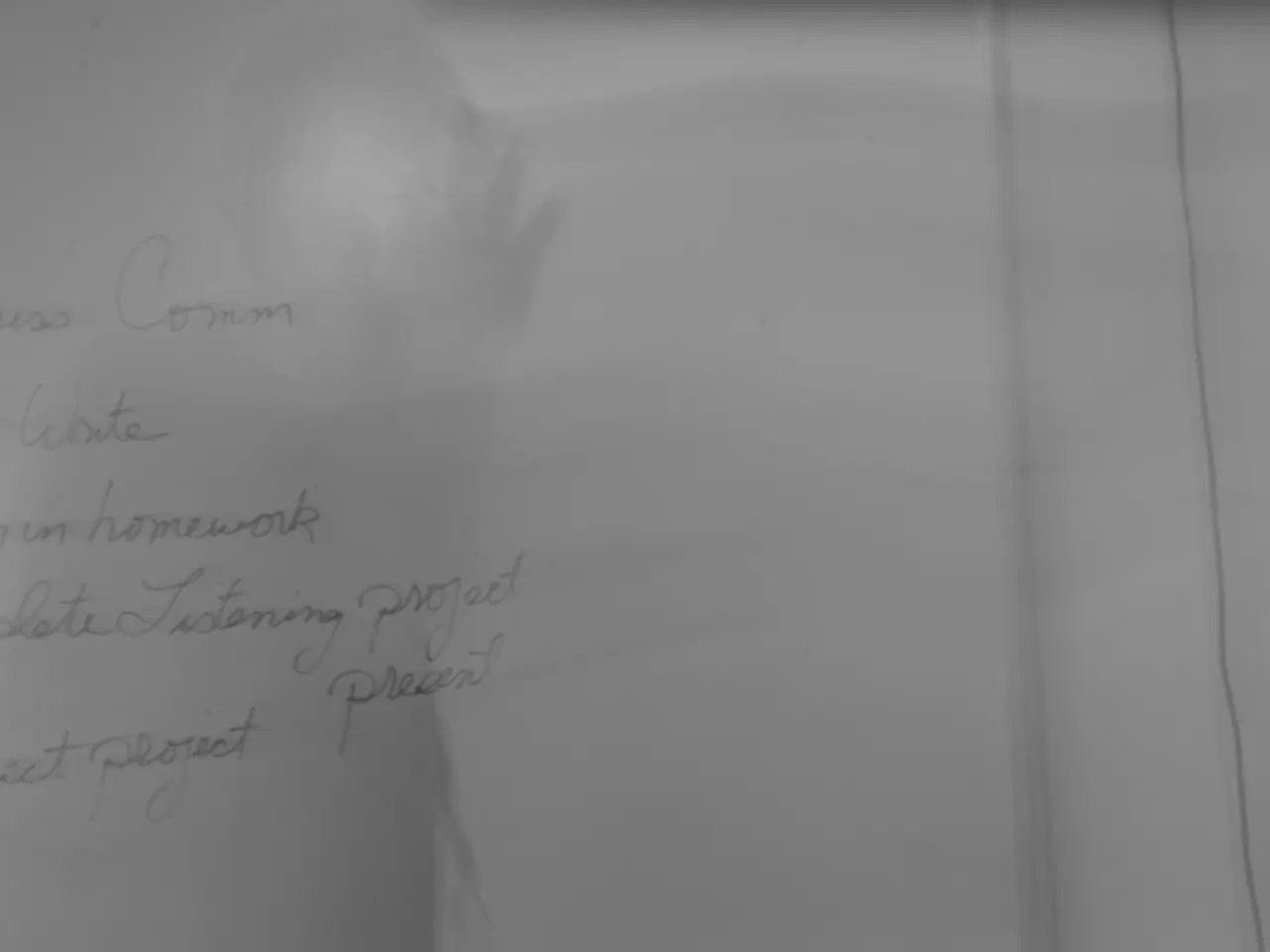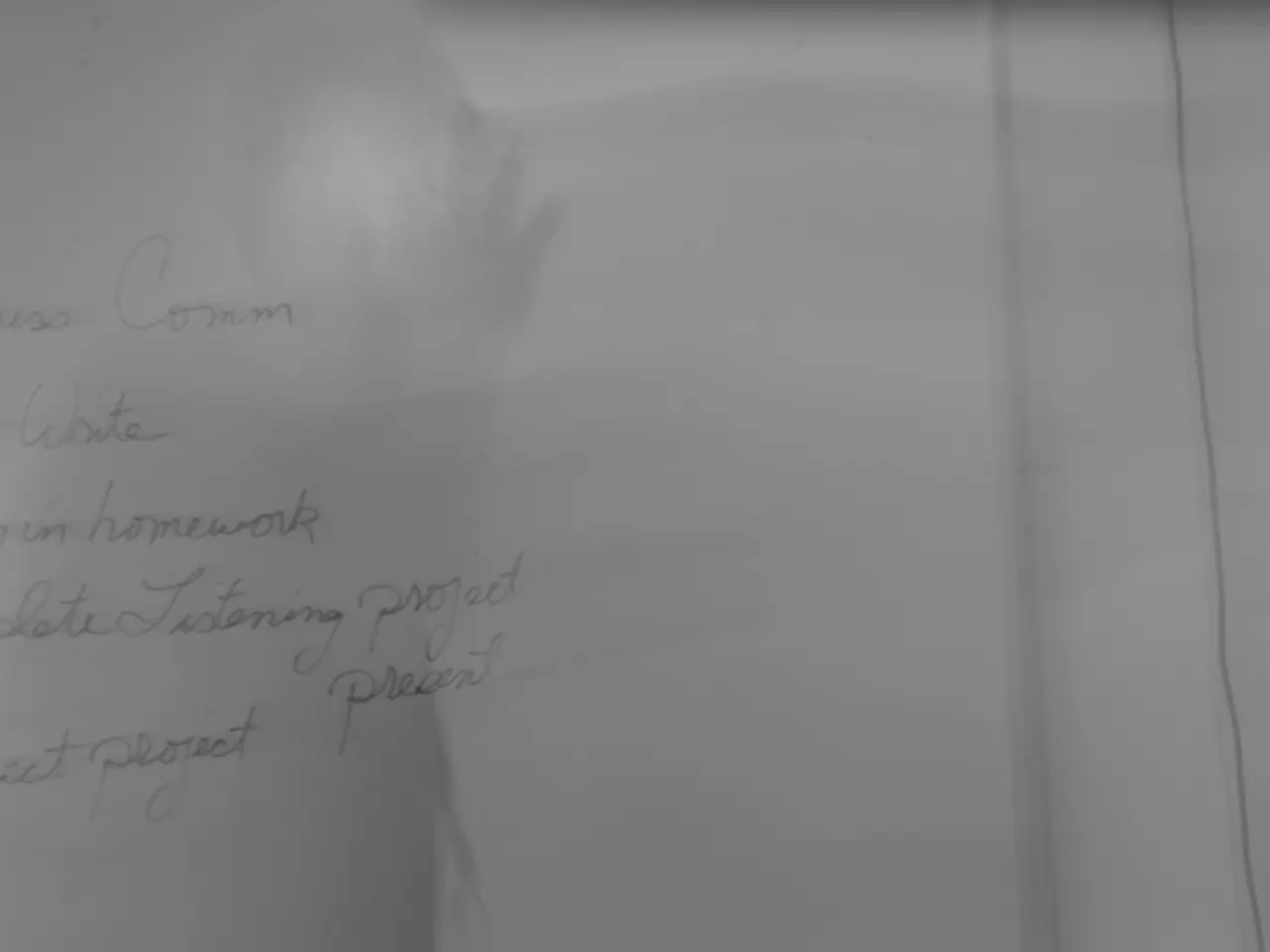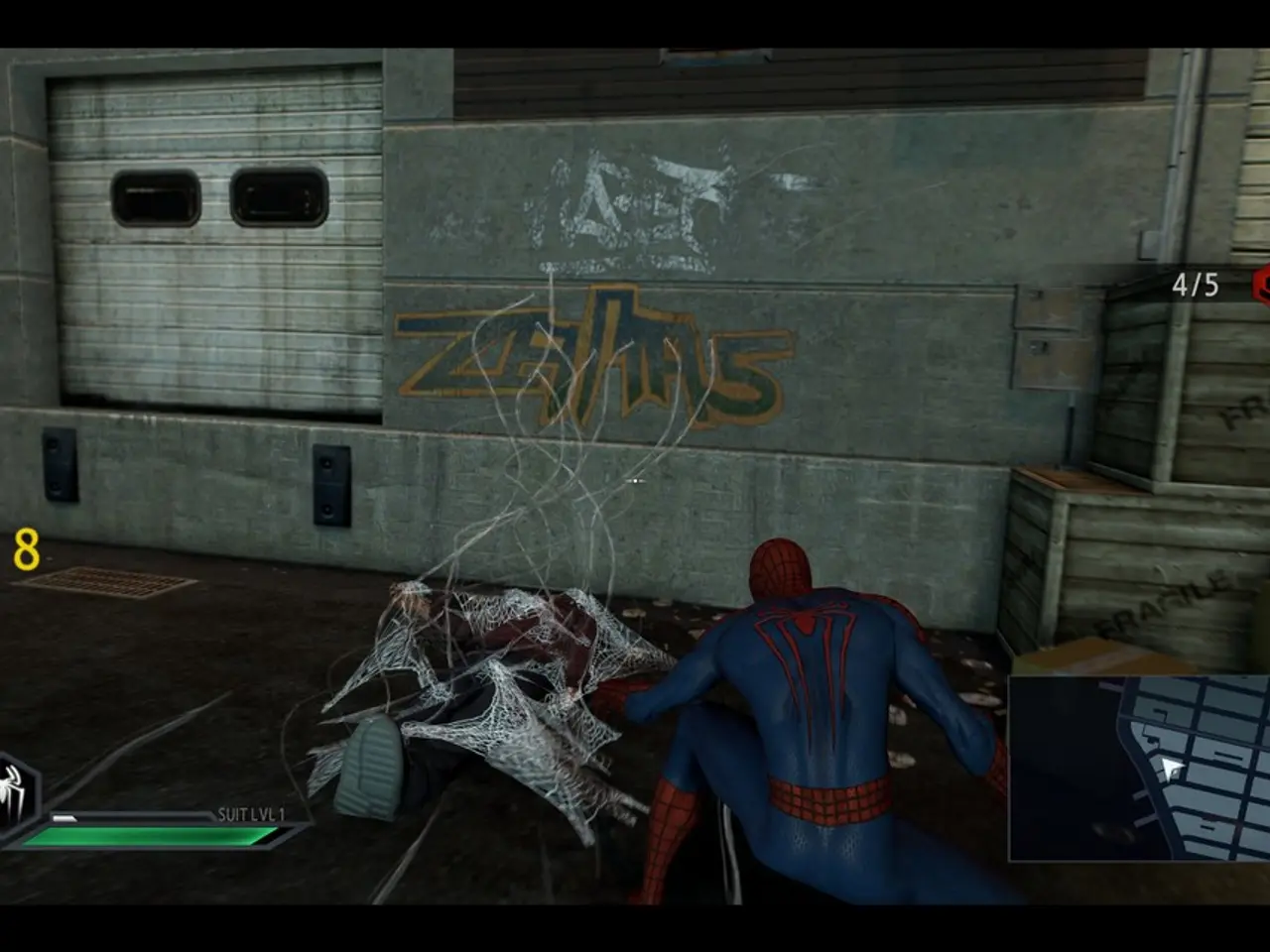Waste regulation set for implementation in August!
Germany is gearing up for the implementation of the EU Battery Regulation (EU) 2023/1542, which will significantly impact the disposal and lifecycle management of large batteries. The regulation, passed two years ago, was initially scheduled to come into effect on August 18th, 2025, but due to complex compliance demands, some elements have been delayed.
Starting February 18, 2027, batteries sold in the EU, including in Germany, must carry a digital “Battery Passport” containing lifecycle, origin, composition, and sustainability data to enhance transparency and circularity in battery use, particularly for large batteries used in commercial vehicles and industrial machinery.
The regulation introduces new waste categories and stricter rules for recycling efficiency and recovery rates for waste batteries, with detailed metrics to be calculated and verified under EU law. However, due diligence obligations related to battery sustainability, a key aspect of the Sustainable Batteries Directive, have been delayed from August 18, 2025, to August 18, 2027, following an EU “Stop the Clock” regulation published at the end of July 2025.
In Germany, the new EU waste battery rules extend the scope to large batteries and introduce differentiated waste categories that the country must incorporate into its national waste management system. The former traffic light coalition submitted the bill to implement the European Battery Regulation in November of the previous year.
The new Battery Right Implementation Act, replacing the Battery Law, will establish collective collection systems for batteries, require security deposits, and allow consumers to hand in larger batteries, such as those from E-bikes or E-scooters, for free at recycling centers. The change in regulation is expected to simplify the disposal of larger batteries for consumers.
Old batteries from E-bikes or E-scooters will be accepted at communal collection points under the new waste regulation. The decision on the planned adjustments is scheduled for the parliament on September 11, 2025. However, the exact date for the new Act to come into effect remains undisclosed.
It is important to note that while there is a strong push for e-mobility incentives and tax benefits for electric vehicles in Germany, specific national legislation on battery disposal is adapting alongside EU regulations but is primarily driven by the EU battery passport and waste rules framework.
The implementation of this regulation is currently delayed in Germany, with the expected transition period for the delay being approximately 2 to 3 months. The Battery Law information portal provided information about the delay in Germany. Despite the delay, Germany is actively aligning its regulatory environment with the EU Battery Regulation concerning large batteries, including establishing systems for digital battery passports by 2027 and adapting to new waste categories and recycling obligations.
The new Act does not mention any discrepancies between the EU and German levels or missing rules, contrary to some reports. The bill submitted by the former traffic light coalition did not come to a vote, as reported by "Merkur". The new Act does not specify when it is scheduled to come into effect.
- The EU Battery Regulation (EU) 2023/1542, which includes policy-and-legislation surrounding large batteries, has led to the upcoming implementation of a digital "Battery Passport" in Germany starting February 18, 2027.
- The new legislation in Germany, known as the Battery Right Implementation Act, will be instrumental in enforcing stricter environmental-science standards for battery disposal and lifecycle management, aligning with the EU's waste rules and Sustainable Batteries Directive.
- As part of the adaptation to EU regulations, general-news outlets such as "Merkur" report that the new Act, originally slated for a vote in September 2025, has been delayed due to complex compliance demands and is currently expected to come into effect about 2 to 3 months later, although the exact date remains undisclosed.







